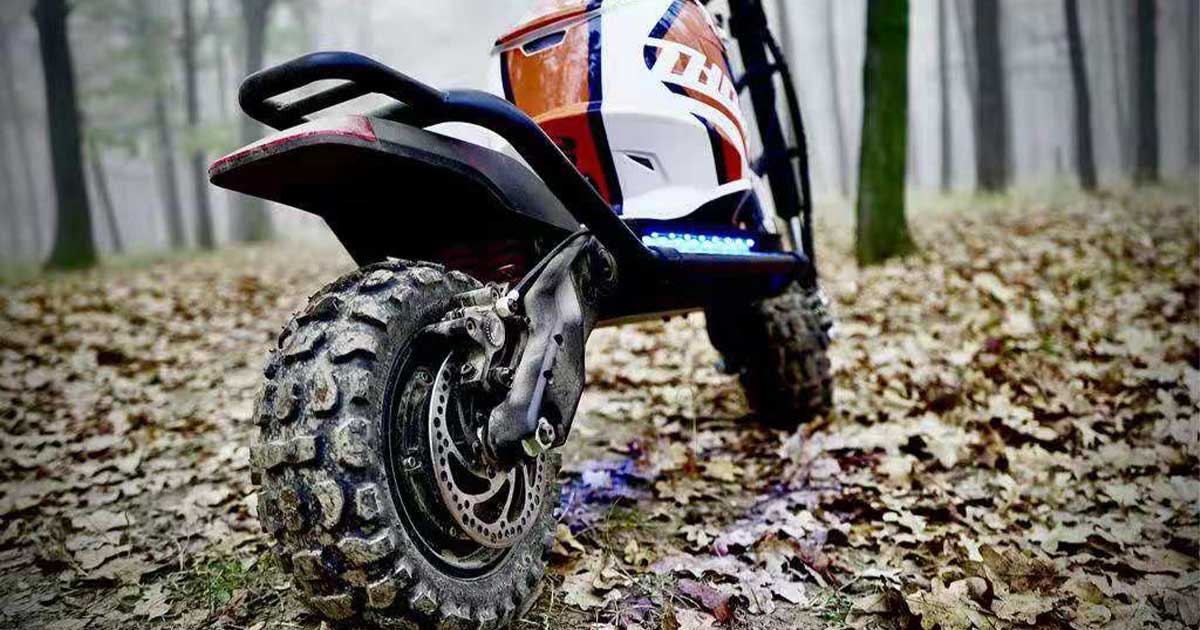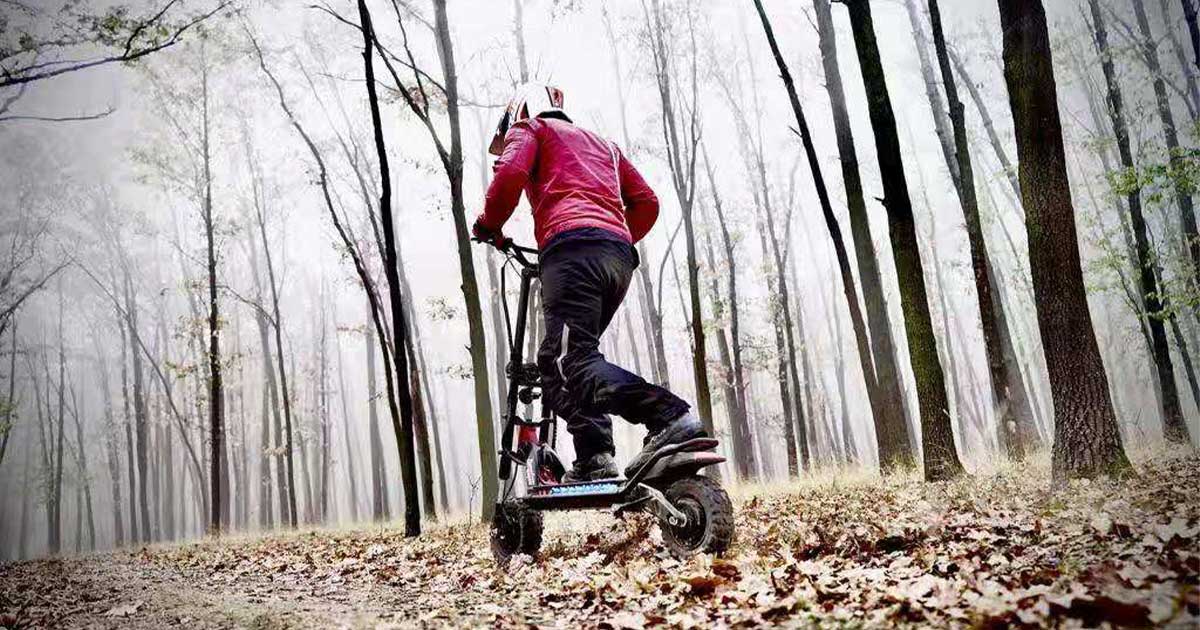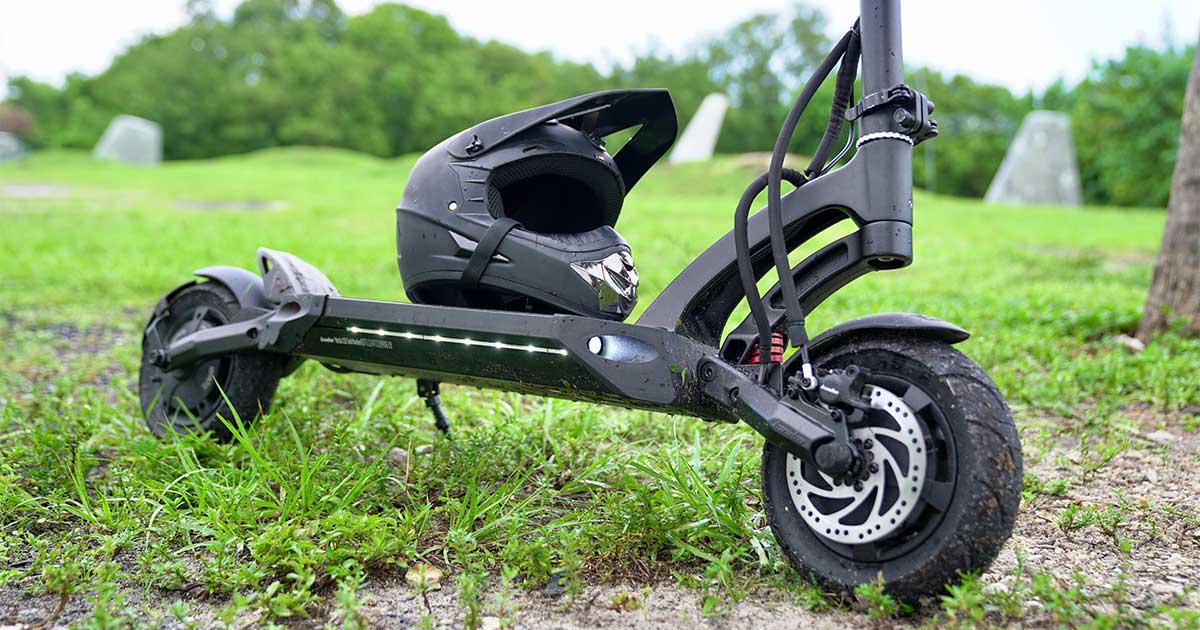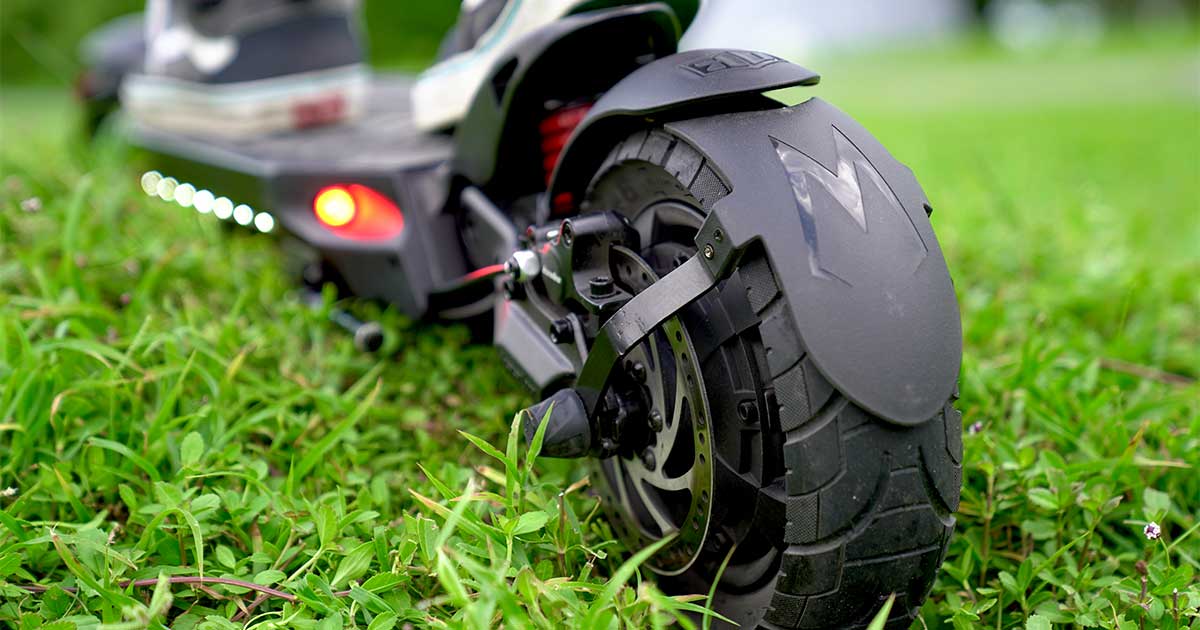Electric Scooter Racing Series Championship
- Read Time: 13 min
Electric scooter racing? Does it exist? You would be excused for thinking some of the everyday users of share scooters ride like they think they are racing. But no. There is now an actual electric scooter championship called The eSkootr championship.

Organization and Founders
eSC was founded in 2019 by Hrag Sarkissian and Khalil Beschir.
Having little to no experience in starting such a venture, they managed to get on board Alex Wurz, an ex-F1 driver, as the series safety ambassador, and Formula E champion Lucas Di Grassi as sustainability ambassador.
The regulator and rule maker for the series is called Commission for Micromobility and Sport with another F1 legend, Peter Wright, as its chairman.
Peter Wright is probably most known and famous for having designed groundbreaking technology for the Lotus F1 team back in the seventies.
His cars developed an aerodynamic advantage in creating a so-called ground effect which sucked the car to the track and made it super fast through corners.
In 1994, Wright was appointed President of the FIA Safety Commission and was at the forefront of the technical investigation which transformed safety in the F1 World Championship.
The Commission will regulate and promote safe and sustainable development in sport and urban micromobility.
The organizers have also listed sustainability as a key goal for the series.
The Eskootr championship will be carbon neutral from the start with a deal already secured to recycle the batteries in the scooters.
eSkootr Championship Race Series

The idea behind the eskootr championship is to capitalize on the popularity of the everyday e-scooter and create a new category of motorsport, an electric scooter racing series.
To succeed, the organizers understand that it has to be an impressive formula with shoulder-to-shoulder racing on equal machinery.
Every team and rider uses the same scooter, making this a so-called "one make-formula".
And that is a specially designed electric scooter called the S1-X.
When you see it, you can tell it is not a regular e-scooter with "go faster" bits added but instead, a proper racing vehicle specifically built for that purpose.
The S1-X was designed and built by YCOM, an Italian advanced engineering company.
The bodywork, which is made from natural and sustainable fibre composites, was provided by Bcomp.
Aggressive performance, design, and handling targets were set and met.
It is a fast scooter with a 60+ mph (100+ kph) top speed and capable of 55-degree lean angles.
It is powered by two 6000 Watt motors, sits on 11-inch racing tires, has hydraulic disc brakes, and weighs 88 lbs (40 kg).
The 1.33 kWh battery is developed by another well-known F1 company, Williams Advanced Engineering.
The racing will be a heat format version similar to that of the World Rallycross.
10 teams compete with three riders in each team, meaning a total of 30 riders, a mix of males and females will enter every race.
A series of heats with the top four from each heat progressing to quarterfinals with the top three from these advancing to semifinals.
The top three from each semifinal will then go to the final.
It is both an individual as well as a team championship with points being awarded in each group.
And the riders are serious competitors from various sporting backgrounds.
Elise Christie is a multiple European and world champion short track speed skater.
The 2018 snowboard big air bronze medalist Billy Morgan, Tre Whyte a BMX World Championship bronze medalist, and motorbike racer Daniel Brooks are some of the professional athletes taking on this new challenge.
Even the Team bosses list some interesting names.
Amongst them, we find F1 racer Nico Hulkenberg, professional cyclist Nicholas Roche, and heavyweight world champion Anthony Joshua.
And well-known single-seater racing company Carlin is also along for the ride.
The first race took place on a 600-meter long track at the Printworks London in Rotherhithe, which was used as a printing facility for the Daily Mail and Evening Standard up until 2012.
Today it is a popular nightclub and entertainment area.
Further races were held in the Swiss town of Sion and south of France at the Paul Ricard circuit where the first-ever eSkootr champion was crowned.
Local French hero Aymard Vernay clinched first place in the debut season in front of runner-up Sara Cabrini, only four points behind.
eSkooter Safety Development For Roadgoing Scooters

As part of the series' mission statement, safety in promoting operational real-world relevance performance is key.
In other words, how can the average everyday rider benefit from the technology and research this series will provide?
Nowadays, as soon as you go motor racing, safety, and science-based research are being put to good use for everyday users.
The first season of electric scooter racing showed how easy it is for a rider to lose control of the scooter.
It happens very fast and without warning.
This loss of control is difficult to recover from and can result in injuries.
And typically, the same type of injuries that are common and reflect public e-scooter use was prevalent.
Head, neck, and lower upper limbs are mostly affected.
And remember, these riders are fully protected. Full face helmet, race suit, gloves, shoes, etc.
Racers crashing into each other is one thing and part of the sport.
But riders losing control by themselves is where the big relevance for everyday users lies, and this is where the focus will be on finding out how these vehicles can become more stable.
These riders are skilled professional athletes.
The average shared scooter user is not of the same caliber.
Hitting a pothole at the wrong speed can have devastating consequences for such a rider.
Anything that can help with stability in preventing this is a welcome development.
Multiple sensors continuously monitor data from the helmets, race suit, as well as the scooter itself to record and analyze everything that is going on.
This creates a database that can be put into various simulations and create mathematical scenarios and models to improve safety and technology.
Commercial Electric Scooters

The info gathered at these races will be used to look at commercially available scooters as well.
Some of the industry leaders are already in talks with the Commission in order to see if the findings can be used to improve the stability of regular commercial e-scooters.
It will be exciting to see further development and interest in the eskootr championship.
Sometimes these things need to settle and find the perfect format for it to take off and attract a big audience.
But considering how popular e-scooters are and how many use them, and with races in city centre locations a possibility in a way a motor race can rarely be, there is promise for the idea.
Fingers crossed.












